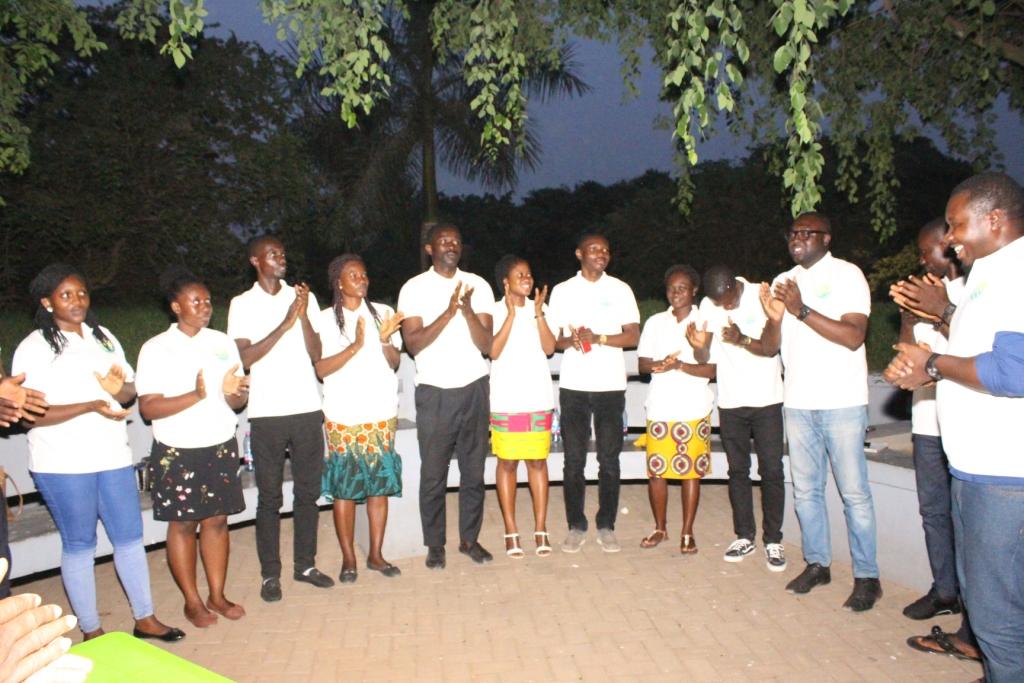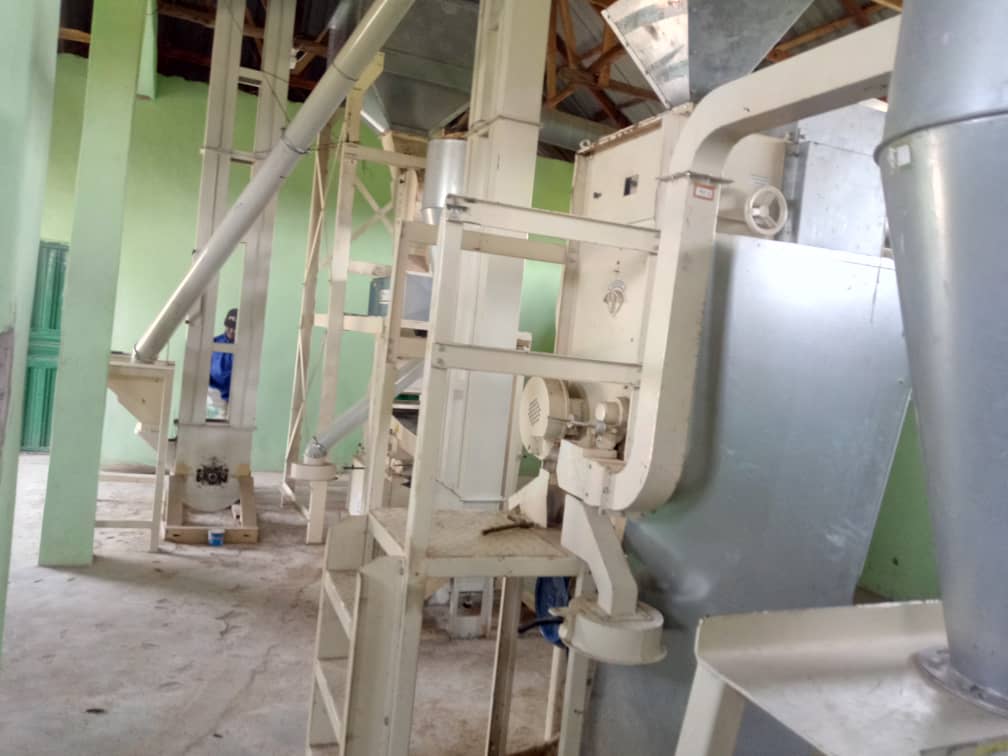
By our reporter
The planet’s carbon dioxide (Co2) levels are now the highest in human history. Yet, there is no sign of slowdown in greenhouse gas levels, despite verbal commitments by countries.
After greenhouse gases are emitted, they interact with our land, sea and air. The ocean absorbs around a quarter of all Co2 and what’s left behind in the atmosphere is known as ‘greenhouse gas concentrations’.
Scientists say the gap between climate targets and reality is glaring and growing, and the warming strength of greenhouse gases is 43% higher than 30 years ago.
The Scientists are so worried because as we limit emissions in the future, Co2 remains in the atmosphere for centuries, sentencing future generations into a hotter planet, higher sea levels and more extreme weather.
The most vulnerable to the extreme weather is the African continent.
The Climate, Livelihoods & Agriculture Platform (CLAP Gh) is therefore constituted to build synergy along the Science, Environment and Agriculture nexus to drive a common goal of addressing climate change for sustainable development.
CLAP Gh mobilizes young professionals to become part of the momentum created by the Paris Agreement on Climate Change to partner all interest groups to share knowledge and take action.
“You may doubt the science, but the reality lives with you; climate change is real,” says Environmentalist Kofi Adu Domfeh, who is convener of CLAP Gh. “The interest of our Platform is not really to be caught in the debate of the realities of climate change but to be part of the solution for climate mitigation and adaptation”.
He said this during the launch of CLAP Gh and its flagship event, Climate Café in Kumasi.
Climate Café mobilizes people and communities for action
The Climate Café is a live talk event on critical subjects to generate interest and mobilize action to chart a path for sustainable development.
This is in line with its Vision to ‘Create space for exchange of knowledge and seek solutions to advance Global Green Development pathway’.
The maiden Climate Café held at the Rattray Park in Kumasi had Dr. Isaac Tetteh of the Department of Environmental Science at the KNUST talking “Action-Oriented Initiatives to Combat Climate Change”.
He revealed that due to the continuous release of Carbon Dioxide (Co2) into the atmosphere, 45 percent of the Co2 will always remain in the air.
The Ocean absorbs 25 percent and the rest absorbed by the land base systems like trees.
“So if you want to combat or mitigate climate change or greenhouse gases, the land-based systems must be broadened to capture more of the Co2,” Dr Isaac Tetteh said.
“We must grow trees and Bast Fiber Plants like Kenaf, group of plants used for sacks or jute. When we grow these fibres on our lawns, they trap huge amounts of CO2 and capture them and so we use them as a means to control climate change”.
Launch of CLAP Gh
CLAP Gh prioritizes greening the local economy, especially tree planting, as viable

adaptation mechanism.
Urban forests help absorb Co2 and pollution from the atmosphere, produce oxygen for us to breathe and could help reduce city air temperatures by up to 8oC, cutting air conditioning costs by 40 percent and saving energy.
The U.N. Food and Agriculture Organization (FAO) has stated that the pace of urbanisation in Africa and Asia is contributing to climate change and planting trees could improve air quality, cut the risk of floods and heatwaves and halt land degradation.
The UN therefore wants to plant half a million hectares of urban forests – about 4 times the size of Hong Kong – to fight climate change. The forest will be spread across 90 cities in the two continents that are expanding fast but don’t have enough trees, leaving them less able to cope with heatwaves and flooding.
CLAP Gh wants to be part of this momentum as urban forests will strengthen cities’ defences to climate change.
“We know that a lot of people may not believe or even understand the climate change phenomenon. However, we know everyone will want to breathe cleaner air. Everyone will want to eat well. Everyone will want to live well. This is the conviction of CLAP Gh in all we do,” said Domfeh.
CLAP Gh initiates Action through individual and community awareness creation and builds up to the district, regional and national levels, in line with the implementation of Nationally Determined Contributions, the UN Sustainable Development Goals, and Global Climate Action.












